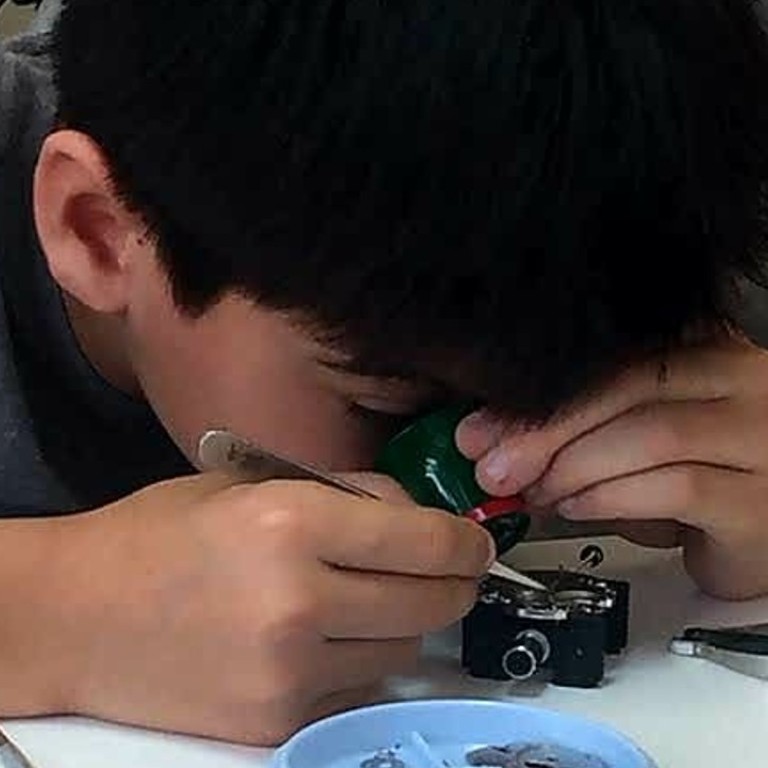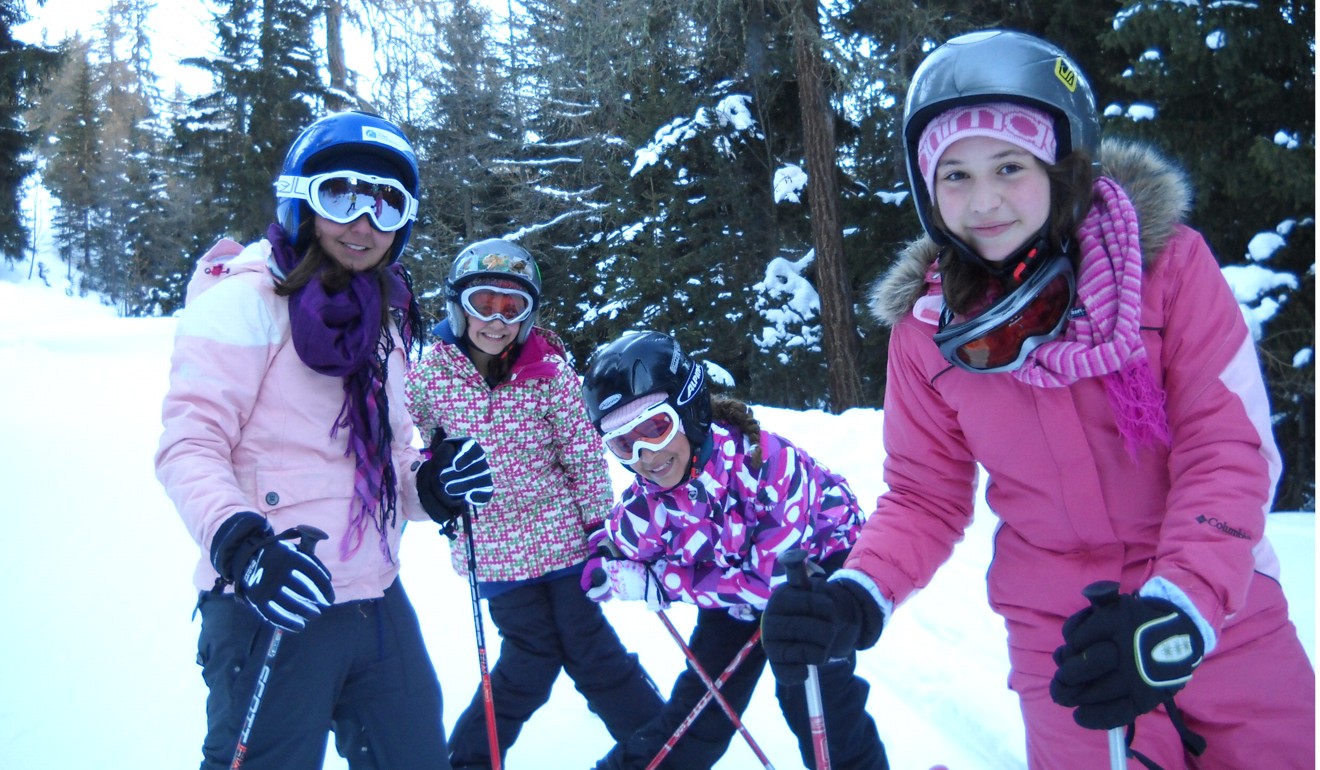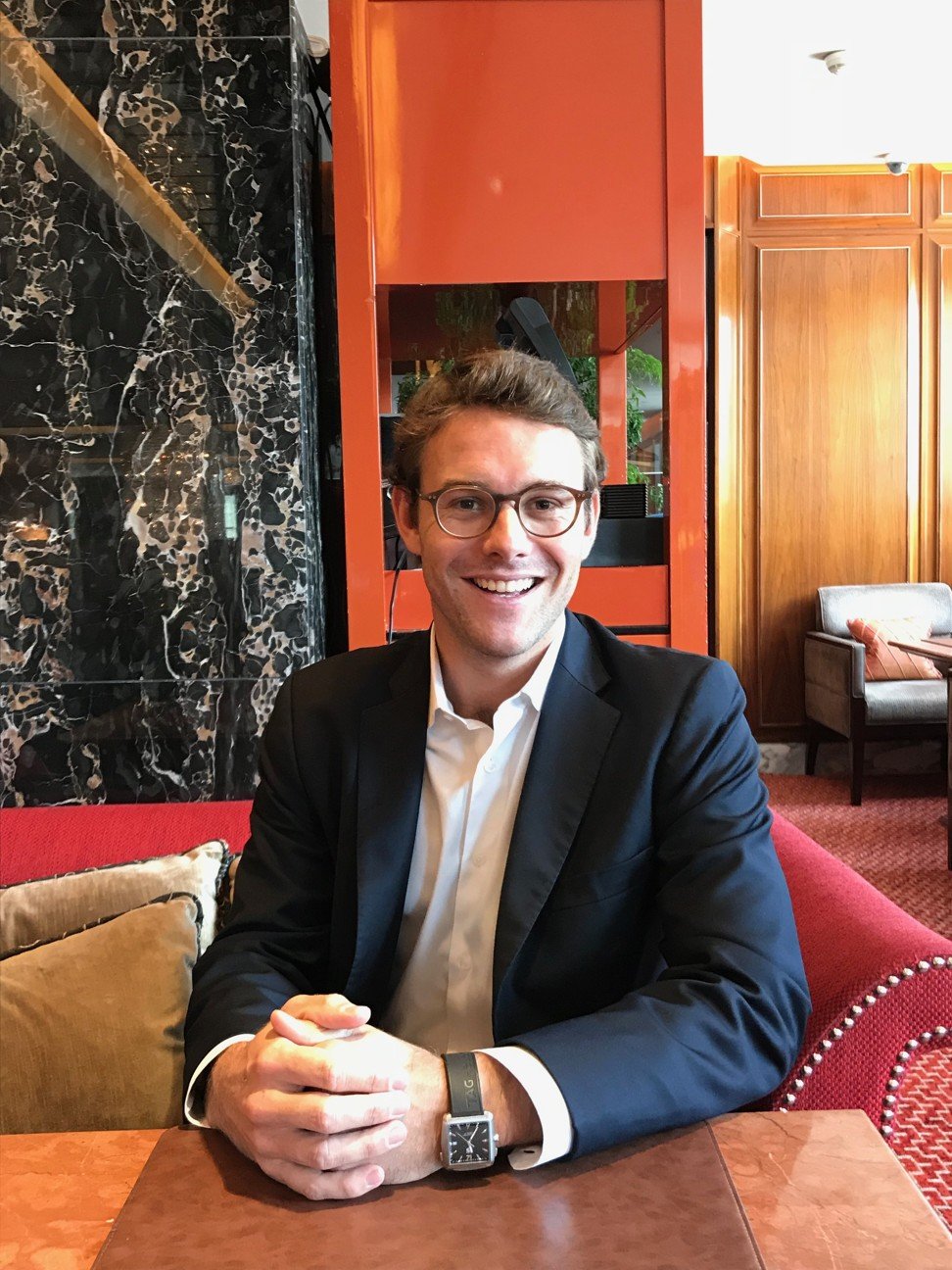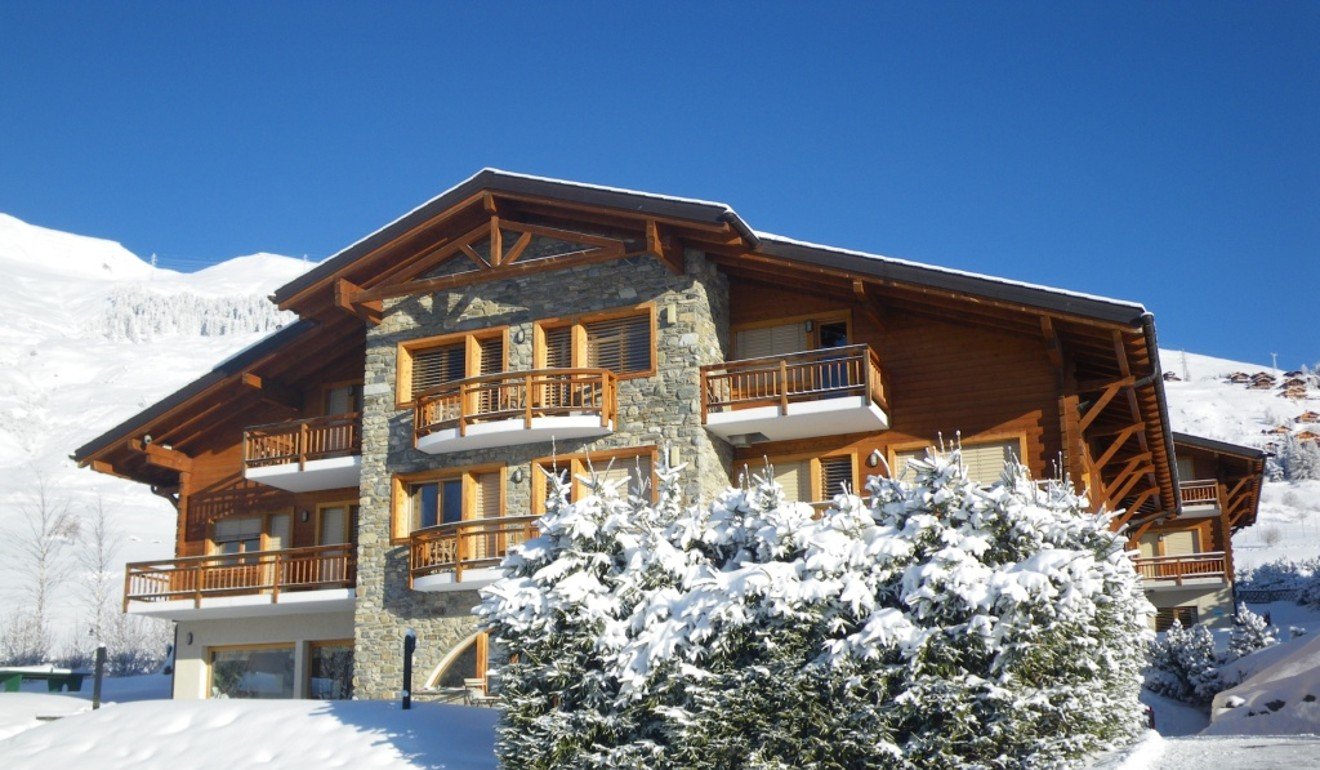
Traditional watchmaking in the Swiss Alps is the new summer fad for children
Students can learn about what makes people tick when they shown how to rebuild a mechanical watch movement
Children as young as 12 can now spend their summer assembling a watch movement in the snow-capped village of Verbier, one of the most prestigious ski resorts in the world with over 450 kilometres of safe ski slopes nestled in the canton of Valais.
This is the latest of the 40 or so elective courses offered by Les Elfes International, an overseas camp provider which first opened the doors to its little chalet in 1987.
The programme will officially launch this summer.
“We are hoping to provide [students with] a full immersion in the Swiss watchmaking world,” says Malko Schraner, sales and marketing director at Les Elfes.
Students will kick off the morning with a visit to the Fondation Haute Horlogerie (FHH) by Richemont in Geneva, where they will – with tiny binoculars mounted on their noses – learn how to disassemble and reassemble the classic mechanical ETA watch movement commonly employed in traditional Swiss watch brands.
“They have to rebuild a mechanical movement that makes a watch tick without quartz or battery. I’ve tried it myself before – and I must say it’s extremely precise,” Schraner says.

The workshop is then followed by a visit to a Swiss watch manufacturer in the afternoon – such as the Patek-Philippe Museum in Geneva – which differs from session to session.
Schraner makes it clear that the monetary value of watches is not what the camp is about. Instead, “we thought it [would be] a very nice way to share with kids from all around the world something extremely traditional [from] Switzerland, [which would also provide them with] lessons in patience and meticulousness”.
“We want them to keep in mind that in times before iPhones, or even telephones, this was the only thing you could rely on to be on time for a meeting,” he says, reaching for the Tag Heuer timepiece on his wrist – a gift he received on his 18th birthday. “I grew up without a phone, so when my friends and I [arranged to] meet up, we’d say ‘let’s meet at 4pm at the train station’, and that was that.”

Taking in participants on a first-come, first-served basis, Les Elfes has seen huge demand from China, Saudi Arabia and Russia, with students from these countries making up the majority of the camp’s intake.
Prices for the basic programmes range from 4,420 to 8,235 Swiss francs (HK$35,000 to HK$65,000), depending on the length of the stay and the arrival date. On top of the basic programme, students can choose from a variety of additional courses costing 200 to 400 Swiss francs. The Swiss Watchmaking workshop, for instance, is 400 Swiss francs.
The main “campsite” is a wood-and-stone chalet accommodating up to 140 students set against an Alpine backdrop. Boys and girls stay in separate houses, and each room, with its own toilet and shower, is shared by four students. Unlike most campuses, which are often vacant during non-camping season, Les Elfes’ camps run all year round, ranging in length from two to four weeks, with the winter session running from early December till the end of April, and its summer counterpart running from early June to the end of August.
They have to rebuild a mechanical movement that makes a watch tick without quartz or battery
Activities are mainly conducted in English, with around 20 per cent of them conducted in French (Verbier is in the French-speaking part of the country), and around 10 per cent of them in Mandarin. Within the camp, there is a maximum of 10 per cent of the total number of students per nationality to ensure a mix of cultural backgrounds.
Campers are split into different groups according to their ages: six to 11, 12 to 14, and 15 to 17. Different age groups live in different accommodations, which are rotated according to tasks; for instance, while the younger ones are sleeping in mountain huts, the older ones might be staying in the chalet to participate in indoor activities.

With the prevalence of smartphones and social media among children as young as preschoolers, the camp encourages the young ones to go against the tide. As Schraner points out, young people consider themselves connected through social media, but feel left out when off-line.
“We try to get the children back to real life – [what it’s] like to meet real people and make real connections. It’s all about getting back to basics,” he says.
Swiss neutrality is famed, given the country’s stance in the two world wars and in other major world conflicts; and, as the Swiss commercial director puts it, everyone loves Switzerland for its neutrality.
“We want to teach the children that, instead of judging [something] straight away, [they should] to take a step back and take into account all different aspects before making up their minds about an issue,” Schraner says, adding that it is important to bear in mind the multiplicity of cultures, religions, backgrounds and, therefore, different ways of thinking that the students bring with them to the programme.

“Kids at this age don’t care about politics. We have Saudi [Arabian] kids becoming best friends with Israelis, while in the world outside, adults from these countries hate each other,” he says. A new generation of global citizens is, indeed, in the making.
Looking back at his own struggle in getting around Taiwan where he studied for a few years, Schraner recalls how flagging a taxi and ordering food were not possible before he could speak Mandarin.
“International exposure was also one of the reasons why I moved to Asia – the culture is so different there that there is nothing to judge, merely [something to] learn. This is what it means to get out of the comfort zone, in a way.”
Schraner now spends four months a year in Switzerland and spends the rest of his time travelling the world.

